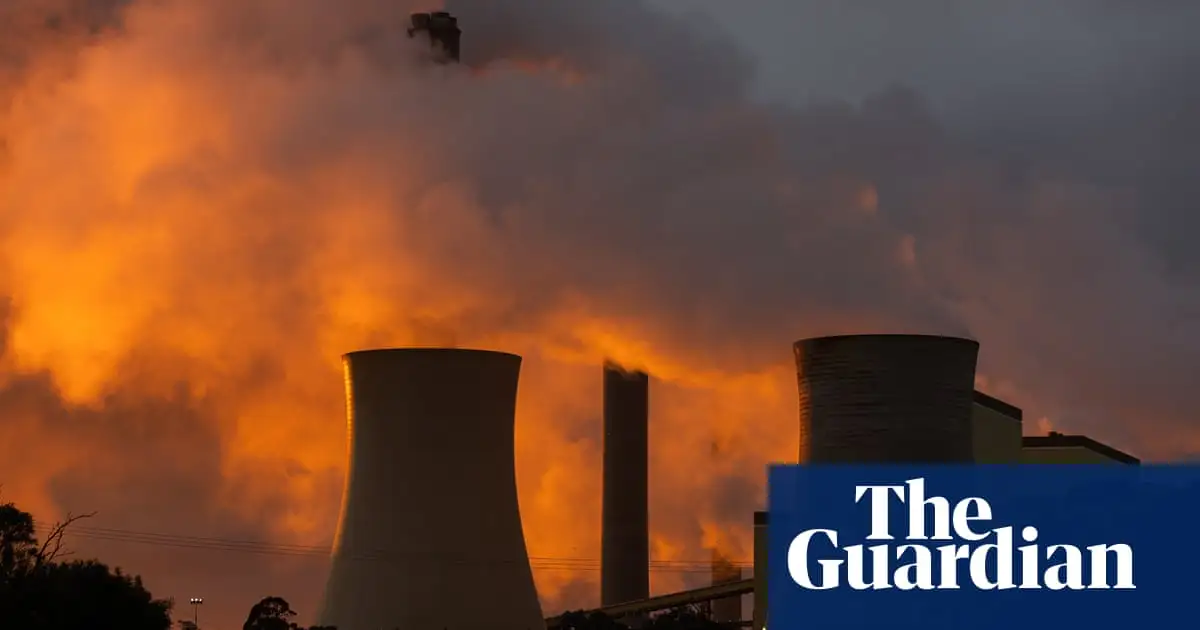Australia used twice as much electricity as China on a per capita basis and 48% of it came from coal plants, thinktank says
Yeah but we only have several million square k’s of fuck all and a whole lot of sunlight so what else can we do? Oh well, just have to give a bunch of public money to keep these old coal plants open, if only there was some other way.
Shill:
“I’m about to end this person’s whole career - bASeLiNe PoWeR”
/s
Yeah, shame there’s no huge deposits of uranium anywhere on the continent. That would be sweet.
Yes because nuclear is known for not being troublesome in unpredictable weather /s
It holds up great, what are you on about? Fukushima got hit with an earthquake and a tsunami and the only disaster it caused was an unprecedented number of uninformed people screeching about the word “radiation.”
the only disaster it caused
you can be pro nuclear and also acknowledge reality at the same time
Point is, it held up extremely well.
Yay, first place! What’s our prize?
Suffering and pain!
This is the best summary I could come up with:
Australia still emits more greenhouse gas from burning coal on a per capita basis than other G20 countries despite a significant rise in solar and wind energy.
While Australia and South Korea have cut per person emissions from coal-fired electricity since 2015 – by 26% and 10% respectively – they continue to release more CO2 than other major economies, according to an analysis by the energy thinktank Ember.
The Ember analysis, released before a G20 leaders’ summit in India starting on Saturday, said Australia used twice as much electricity as China on a per capita basis, and 48% of it came from coal plants.
The Albanese government has set a target of reaching 82% by 2030, though experts say this is in doubt at the current pace of clean energy and transmission investment.
It said this was feasible but would require robust policy, secure supply chains, effective integration of solar and wind into energy grids and more deployment in emerging economies, in particular.
Saudi Arabia, Russia, China, South Africa and Indonesia are all said to oppose that scale of clean energy expansion by 2030.
The original article contains 659 words, the summary contains 184 words. Saved 72%. I’m a bot and I’m open source!




